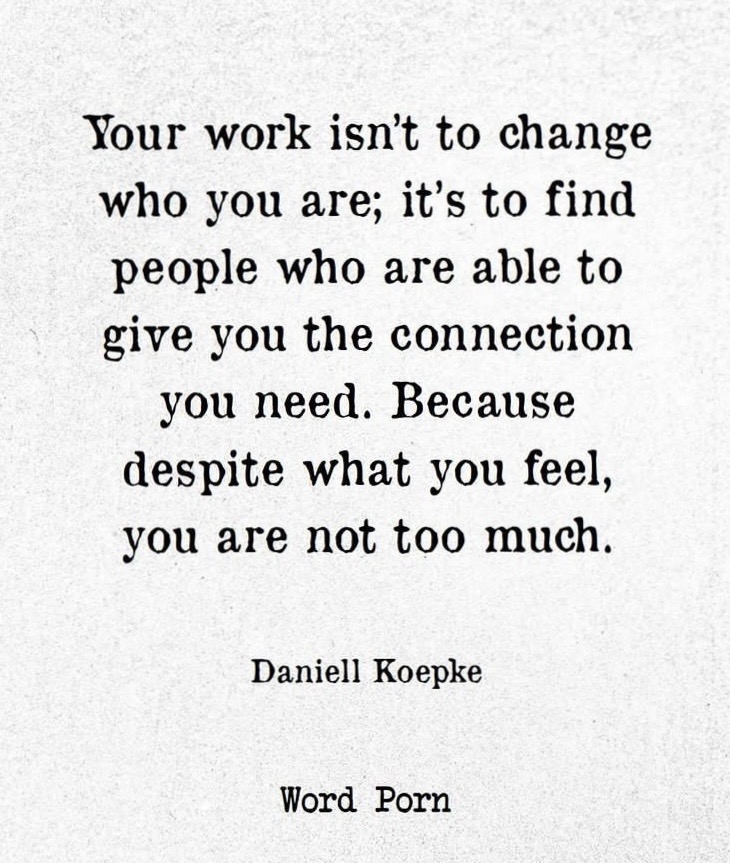I’ve come to realize that the way we experience love—and how we later give and receive it—is often rooted in the care we were shown as children. Our caregivers, the ones who were tasked with nurturing and protecting us, taught us how to care for ourselves, others, and our emotions. And I believe that this foundation not only shapes how we see ourselves but also impacts the kind of relationships we form as adults.
My sister and I are a good example of how different upbringings, even within the same family, can lead to very different paths. She learned how to care for herself. She was taught to prioritize her needs, to expect and give respect, and to step into the world with a beleif that she deserved to be there and to have what she needed. It makes sense that, as an adult, she was drawn to a partner who is caring, protective, and values her feelings and well-being.
I, on the other hand, did not learn how to care for myself. I was not shown how to prioritize my own needs or to express my feelings in a safe and healthy way. I grew up believing that I was too much, that my emotions were burdensome, and that my needs were something to be minimized or hidden. It’s no surprise, then, that when I ventured into the world and entered into a relationship, I found myself with someone who was dismissive of my emotions. Someone who was annoyed by my needs, who preferred that I keep them to myself, and who showed no real consideration for my feelings.
It’s not a coincidence that my sister found a partner who cherishes her, while I ended up with someone who couldn’t care less. The way we were cared for as children—how love was shown to us—shaped our adult relationships. Love, in all its forms, was modeled to us, and we internalized that blueprint.
It’s taken time to understand how I was shaped by my past experiences. But what I’ve realized is that we can change the way we love ourselves. We can unlearn the beliefs that were instilled in us. It’s never too late to rewrite our story of love, to find ways to care for ourselves the way we should have been cared for, and to seek relationships that reflect that same care.
I believe that everyone deserves to be loved in a way that’s nurturing, respectful, and considerate. And as we continue to grow, we have the power to give that love to ourselves and the people we choose to invite into our lives.

